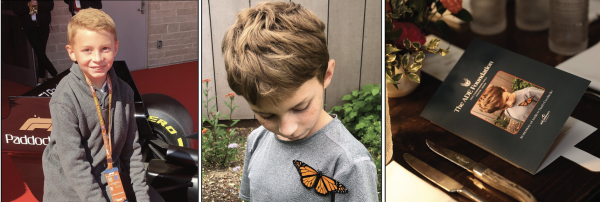
In 2010, Andrew Escobedo was diagnosed with Acute Lymphoblastic Leukemia (ALL) at three years old, and proceeded to undergo four years of chemotherapy. Following his diagnosis, Andrew lived in the Dell Children’s Blood and Cancer Center for 25 days, undergoing treatment. Following that initial treatment, he continued to visit the cancer center multiple times each week to be treated, and took chemotherapy drugs from home. The last year of his treatment included observation and blood work to ensure the cancer didn’t return.
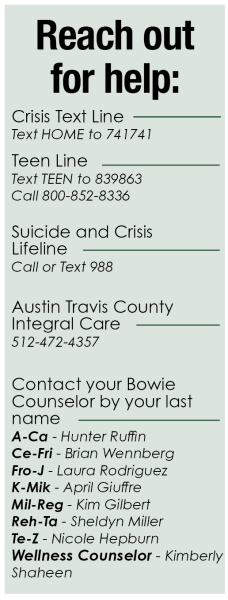
“The treatment, it just became life, it became normal to him,” Andrew’s mother Wendy Escobedo said. “His friends were a huge part of his recovery, physically and emotionally. When he beat cancer, we had a huge party. All of his friends came, and there was a waterslide. It was a big relief, and I think we felt like maybe we were done. You don’t really think about the side effects that go on once you’ve been through an experience like that. When we found out he beat cancer it was quite joyous. Those were the best years of my life.”
During the initial years following his remission, Andrew created a tight-knit group of close friends. According to Wendy, these friends were energetic, exciting, and risky; but they were also big supporters of Andrew’s health and happiness.
“There was this one time when we were walking through the woods behind my house, and there was a fence with metal spikes. He tried to jump over it and cut his entire leg open and had to get 20 stitches,” sophomore Kieron Campbell said. “Andrew was always up for anything. Whenever we wanted to do something he’d want to do it too.”
Even with all of their reckless fun, Andrew’s friends attest to his intelligence at his young age. He was interested in the world around him, and had no problem exploring the topics that caught his attention.
“He was a very intelligent, dedicated type of person,” sophomore Luke Willmann said. “He was always super interested in whatever he was doing, and he got super into all the things he was working on. He could take apart anything and put it back together and make something new out of it.”
As Andrew grew older, he began to present more symptoms of Post-Traumatic Stress Disorder (PTSD) and struggled with the effects of his treatment, which left him afraid for the future and grappling with the memories from his time in the hospital. Those struggling with PTSD, often face depression and anxiety, and can experience nightmares, panic attacks, and unwanted intrusive thoughts.
“It affected him drastically. I think it affected him to his very core,” Wendy said. “He would mention that the lights in classrooms were the same as in the hospital. The fixtures in the bathrooms, the flush on the toilet, they were all the same; even the cleaning supplies smelled the same. It affected everything he did, and it scared him. Things feel scarier when you’re young and you’re faced with life and death. Then he got to be 13 and his brain grew old enough to realize what been through, and it really scared him.”
In 2020, Andrew died by suicide at age 13. This event inspired the creation of the ADE Foundation, which focuses on his legacy. The foundation was established in October of 2023 by Wendy, a Bowie testing coordinator, her husband Matt Escobedo, and their daughter Olivia Escobedo, a former Bowie student.
“We decided to create the foundation when Andrew was still in the hospital on life support,” Wendy said. “At that point, we knew that his prognosis wasn’t good. We knew that helping others was really important to him. His message was about his struggles and mental health. So, we knew that we wanted to do something to bring positive change to kids who have experienced all the things that Andrew experienced in his short life.”
One of the fundamental reasons behind the creation of the foundation was to fulfill Andrew’s goal of helping others.
“No matter what it is kids are going through in their life, whether it’s illness or trauma or any of that, I think what Andrew would want for them to know is that it’s okay to ask for help,” Wendy said. “That was his big thing. He really felt like he had a bigger mission. That’s what he would tell us, ‘I’m just meant to do something else. I’m not supposed to be here, I’m supposed to do something bigger.’ He just had this need to make things better for people and I don’t think he knew how to do that. He really wanted to make an impact. And so I think telling his story, as hard as it is, it’s a really important thing to do, because I think it’s what he would want us to do.”
Since its creation, The foundation has dedicated its efforts to raising money for its cause. The funds raised go to Doctor Beverly Bernal, a clinical psychologist at the Dell Children’s Blood and Cancer Center, where Andrew was tested and treated.
“She is the one who is able to address concerns with PTSD and trauma when they start the treatment, instead of four years later when they’re done,” Wendy said. “For us, when Andrew was in treatment, we were more focused on healing his body, and not so focused on the mind. We thought he was young, so it wouldn’t impact him. Dr. Bernal is getting that early intervention with kids who are struggling, and I think that’s really impactful for the kids she’s helping.”
According to the American Cancer Society, PTSD can be the result of the pain from cancer, the medical treatments, and the lengthy periods of time spent in the hospital.
“Chemotherapy and radiation affects the brain in ways we do not understand yet,” Olivia said. “It also comes with many traumatic effects. I’m so glad that ADE has helped to fund a full time psychologist so children and families in the hospital will now have the opportunity to talk about their mental health.”
Many people, students especially, suffered from the prolonged stress, inaction, and isolation during the time spent in quarantine during the COVID-19 pandemic. According to his family, Andrew’s mental health was greatly affected by this event, and he struggled with the problems it placed on his mind.
“Andrew did well in therapy, and we could see that it was benefiting him. However when COVID hit, it seemed that we were back at square one,” Olivia said. “Andrew and I became the closest we’ve ever been over COVID, because the isolation was extremely hard for him. I could see that he was trying so hard, but the mental strain was still too much to battle.”
Andrew’s death has greatly impacted his family, friends, and those who surround him. His struggles with mental health have inspired them to focus more on their own mental health. They are continuing the fight that Andrew started, honoring his memory by remembering his life and caring for their own.
“Our family is in therapy, all three of us still regularly attend therapy and it’s important to us,” Wendy said. “Grief doesn’t end after six months, or a year, or three years. It stays with you forever. And it’s important to talk about how hard it is; it made us much more understanding of each other and the people around us, and probably more accountable for our own feelings. It would have been very easy to let all of these feelings overwhelm us, and impact everybody around us. We could’ve fallen apart as a family. It would’ve been really easy, but I think therapy is what saved us.”
The Escobedo family is aiming to use their grief to broadcast and honor Andrew’s story. They want to use what they have learned from his life and his struggle to support others who may be facing similar issues.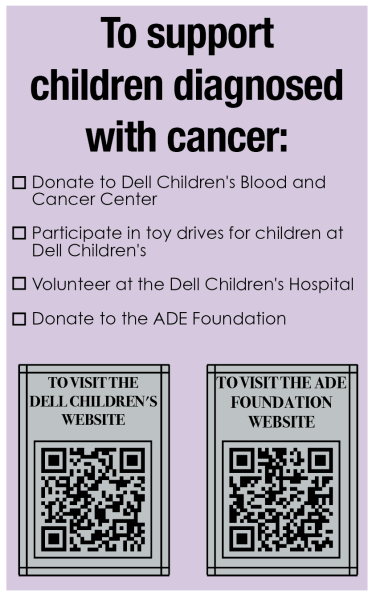
“It’s made me a lot more empathetic to what kids are going through, and what people in general are going through,” Wendy said. “His passing makes me, Olivia, and Matt all want to be a little bit kinder, and just let people know that, if they need to ask for help, then they need to ask for help, and it’s okay to do that. Andrew really wanted to make an impact. Telling his story, as hard as it is, it’s a really important thing to do, because I think it’s what he would want us to do.”
Although Andrew’s family has been heavily impacted by his death, his legacy has reached those outside his home. The community of friends he built around himself continues to reflect on his loss and what it means for them.
“It’s definitely made me think about, not only my own mental health, but about the people around me too,” Campbell said. “It’s made me try to understand what others are going through, and think about it from a different point of view. You don’t really think about those struggles until someone close to you actually goes through that, and you see it firsthand. It’s definitely been a very eye-opening experience.”
The ADE Foundation is always accepting donations on their website, but they are also offering other opportunities for students to support the cause.
“We had our first fundraiser this year in November,” Wendy said. “We were really fortunate to have a lot of friends and a lot of his friends, their parents, family and a lot of our clients through business. I think we raised around $170,000 that night between ticket sales and a live auction where we auctioned off pieces that were donated by local artists here in Austin. It was a really fun night. It’ll be an annual event, and that’s how we’ll continue to fund this foundation every year. We hope that Dell Children’s will absorb the position and start paying for the foundation. Then, we’ll find another hospital to expand to, or continue to give Dell’s money for another cause.”
Alongside the foundation’s notable impact on the Austin-area, the Escobedos’ have goals for growing their program, to continue to support and honor those who need their help in the future.
“In the future, we would like to expand the program that we are pioneering with Dell right now,” Wendy said. “So, eventually, we’d like to see that program spread to other children’s hospitals in Texas, and hopefully nationwide. We like having a clinical psychologist on staff to work with the kids, so that they can focus on mental health as a part of the overall treatment for each and every one of the kids.”
Having witnessed the effects that poor mental health can have on children, the Escobedos encourage others to seek support.
“I just want kids to know that the resources are out there,” Wendy said. “Even if they have all the resources, and they’re still struggling, I want them to understand that their experiences might be affecting them. They shouldn’t hesitate to seek out help when they need it; Andrew would want them to know that it’s okay to ask for help if they need it.”






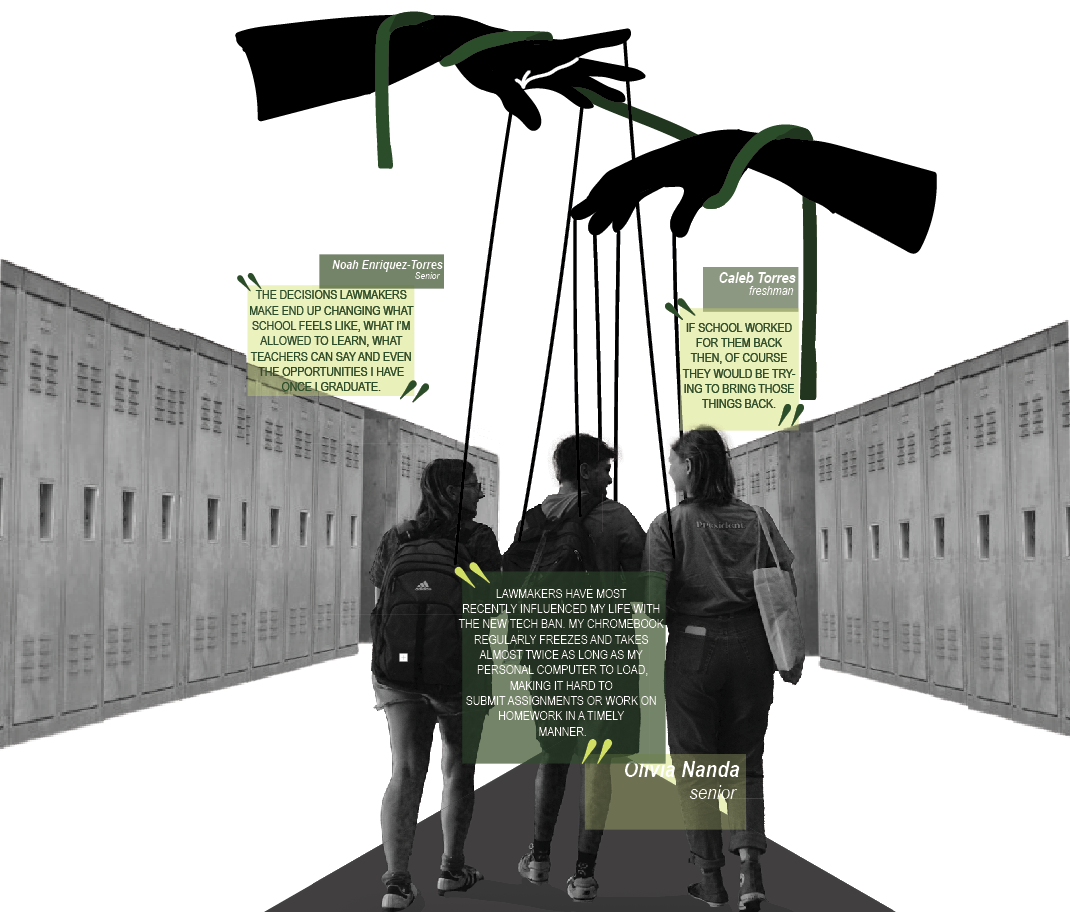
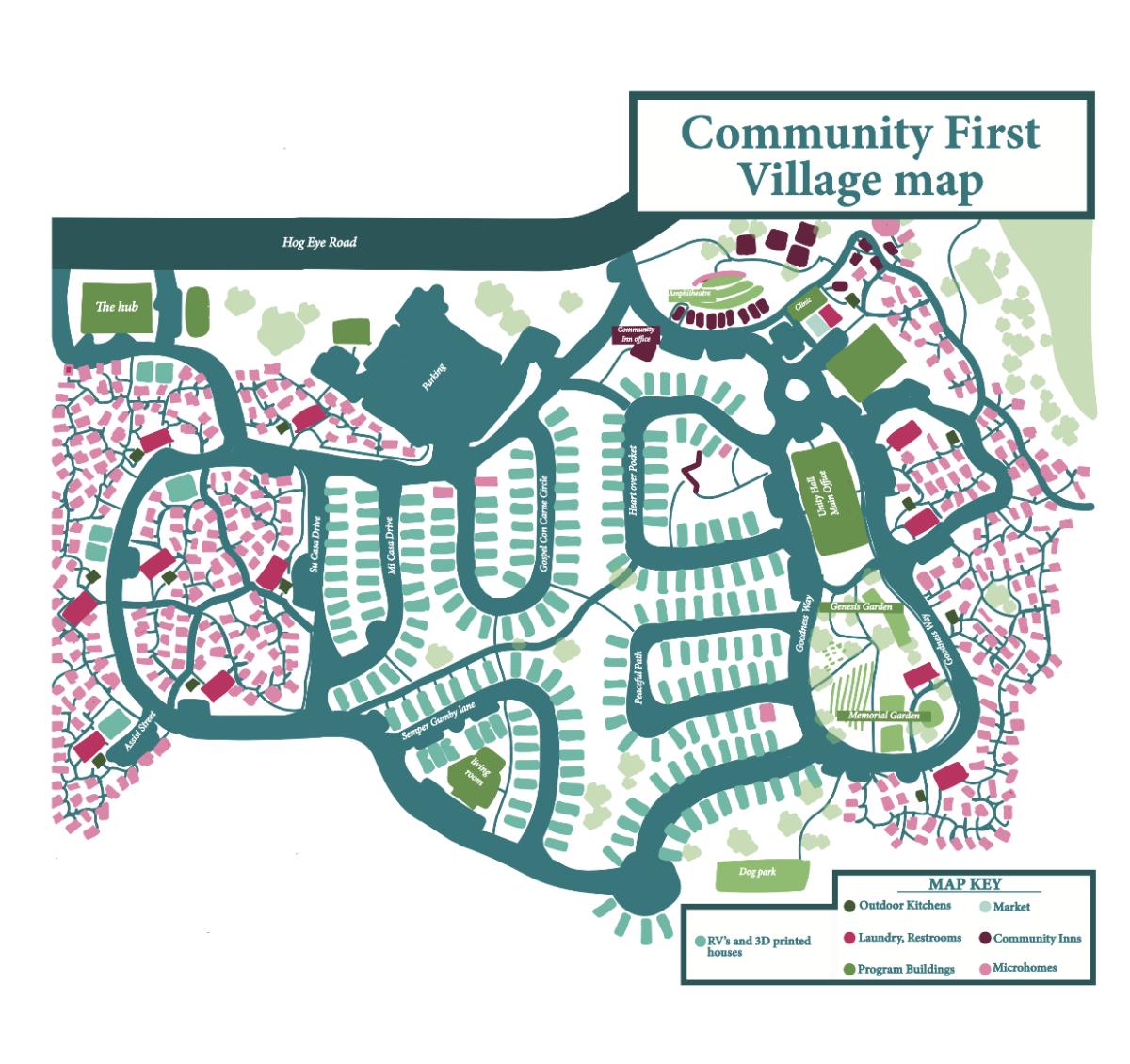
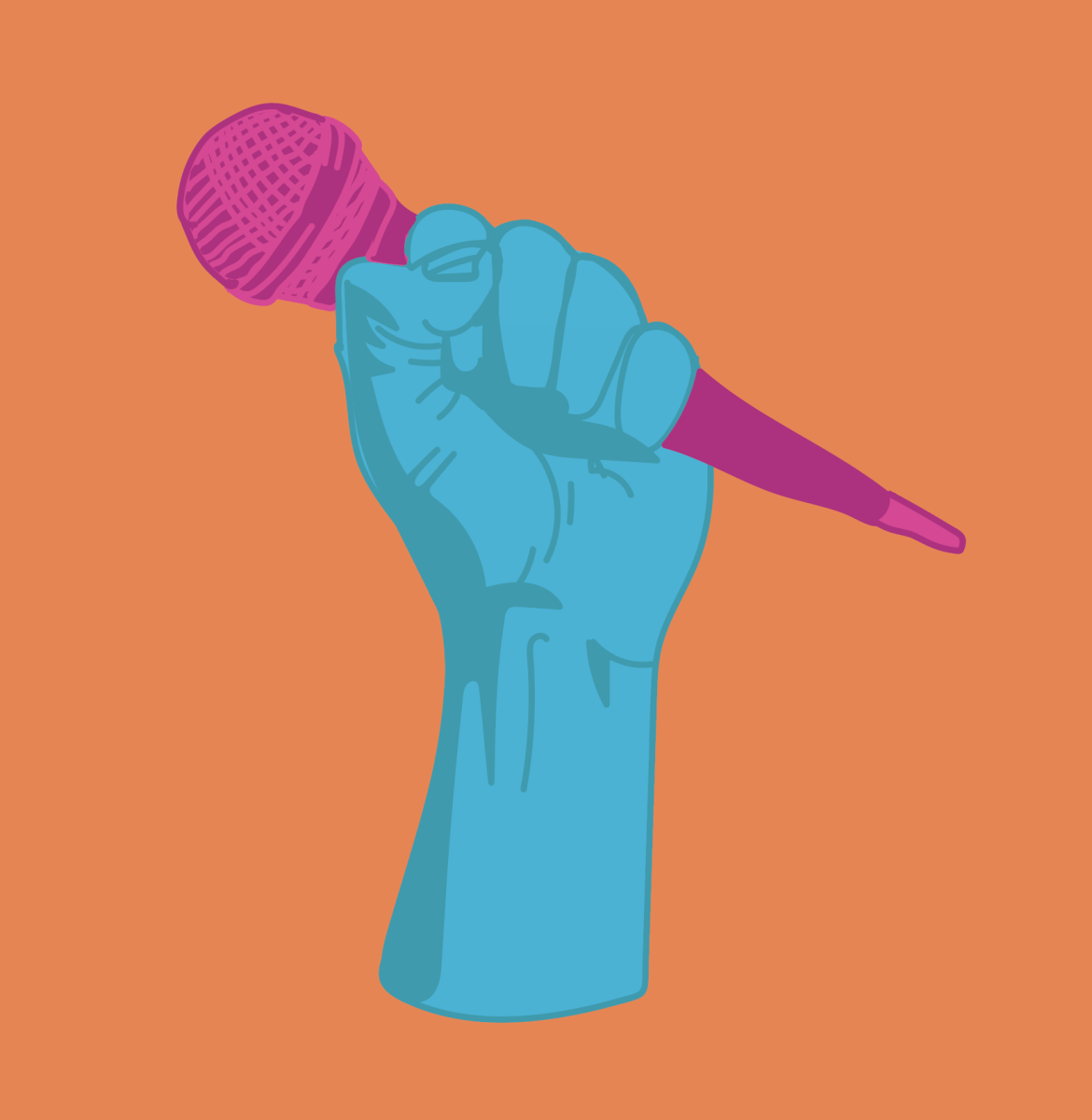
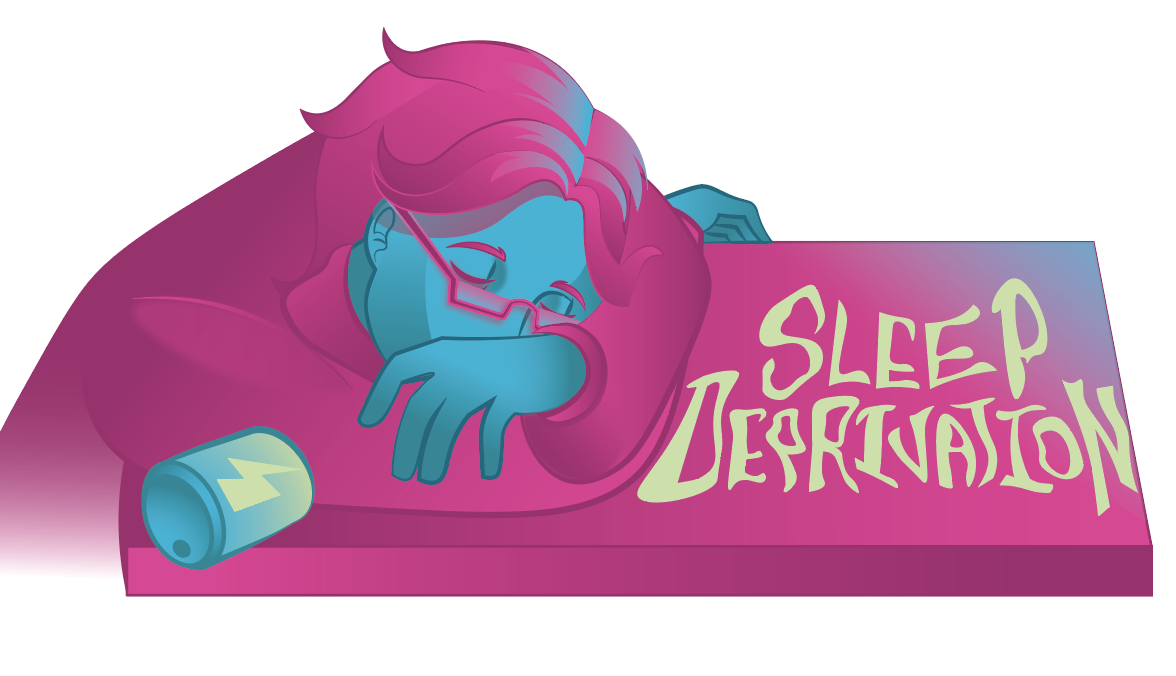
audrey • Mar 6, 2024 at 11:56 am
Kate is the nicest, sweetest, awesomest, funiest, most newsworthy, lit, fun, cheerleading, excelling, editor ever.
JBHS_Dispatch • Mar 6, 2024 at 11:55 am
this is awesome, give her a best of sno PLEaSE